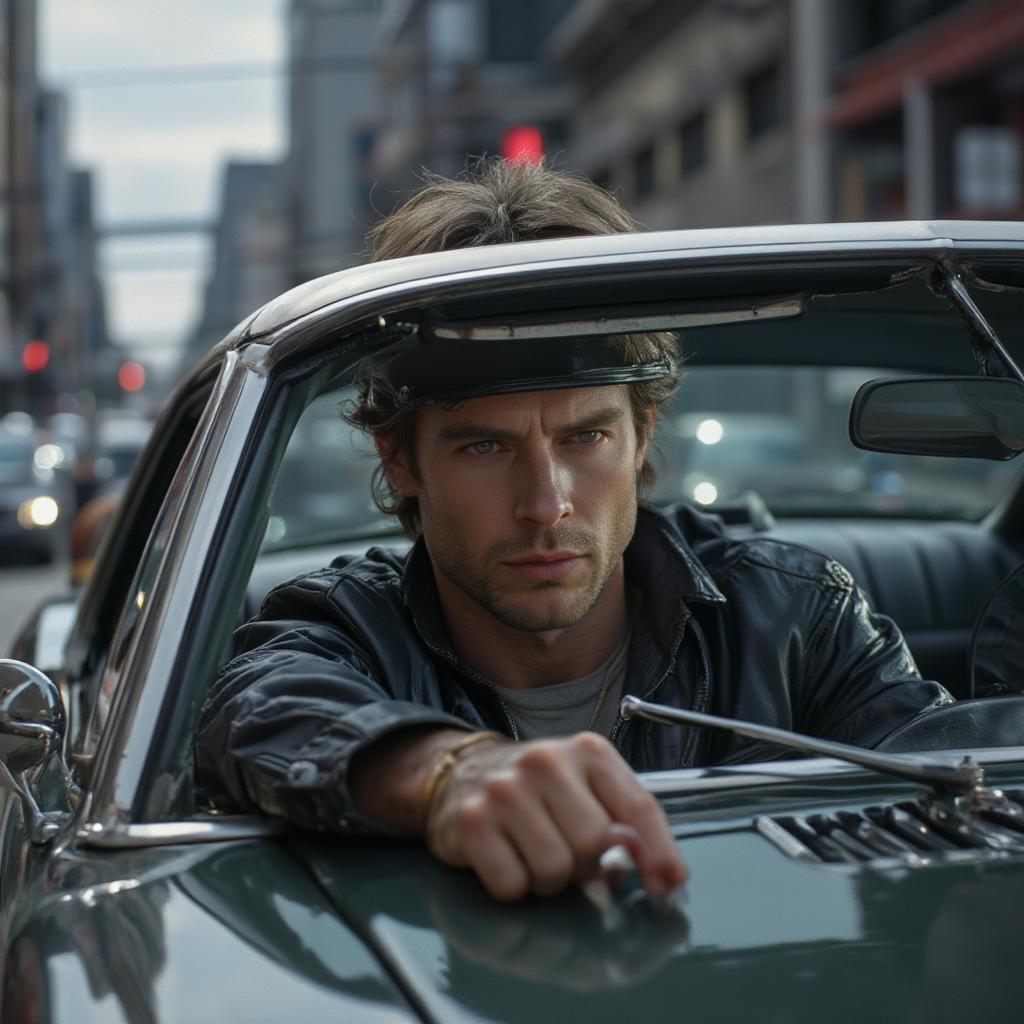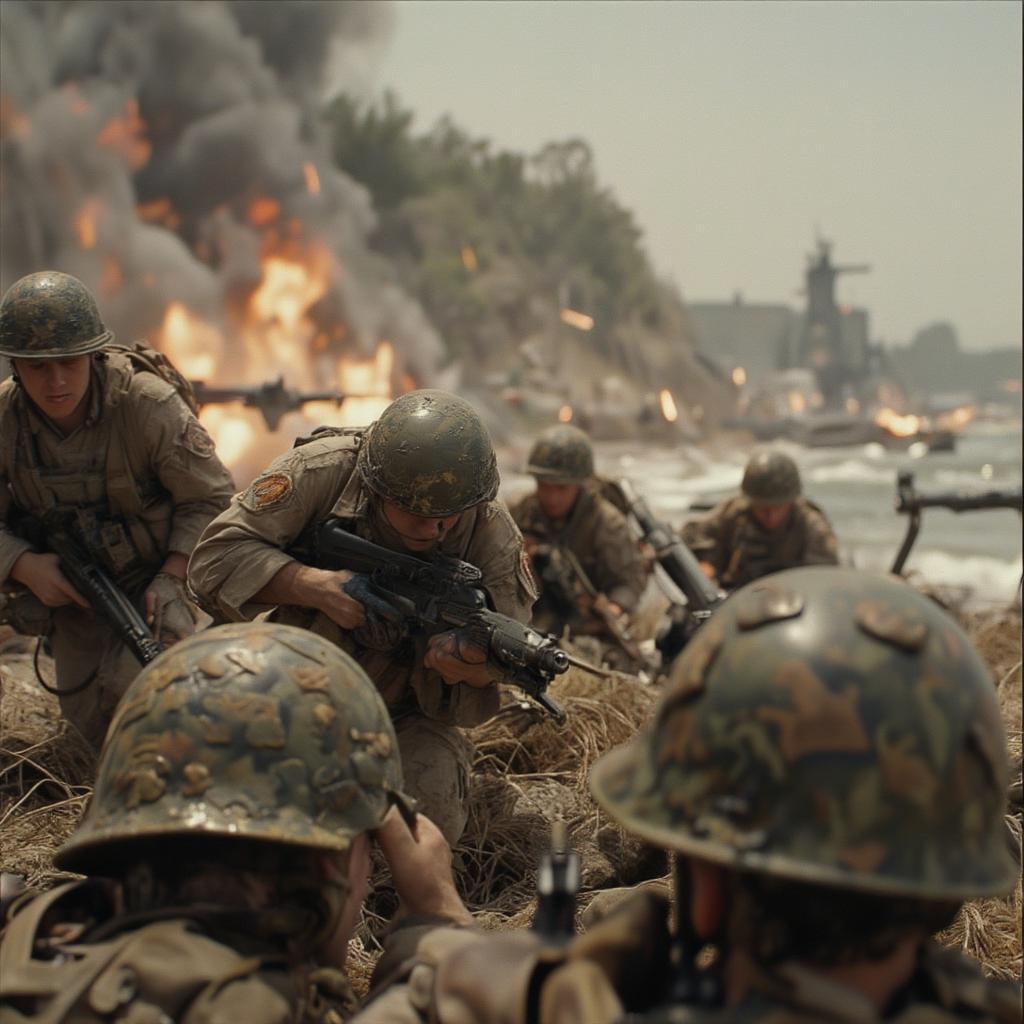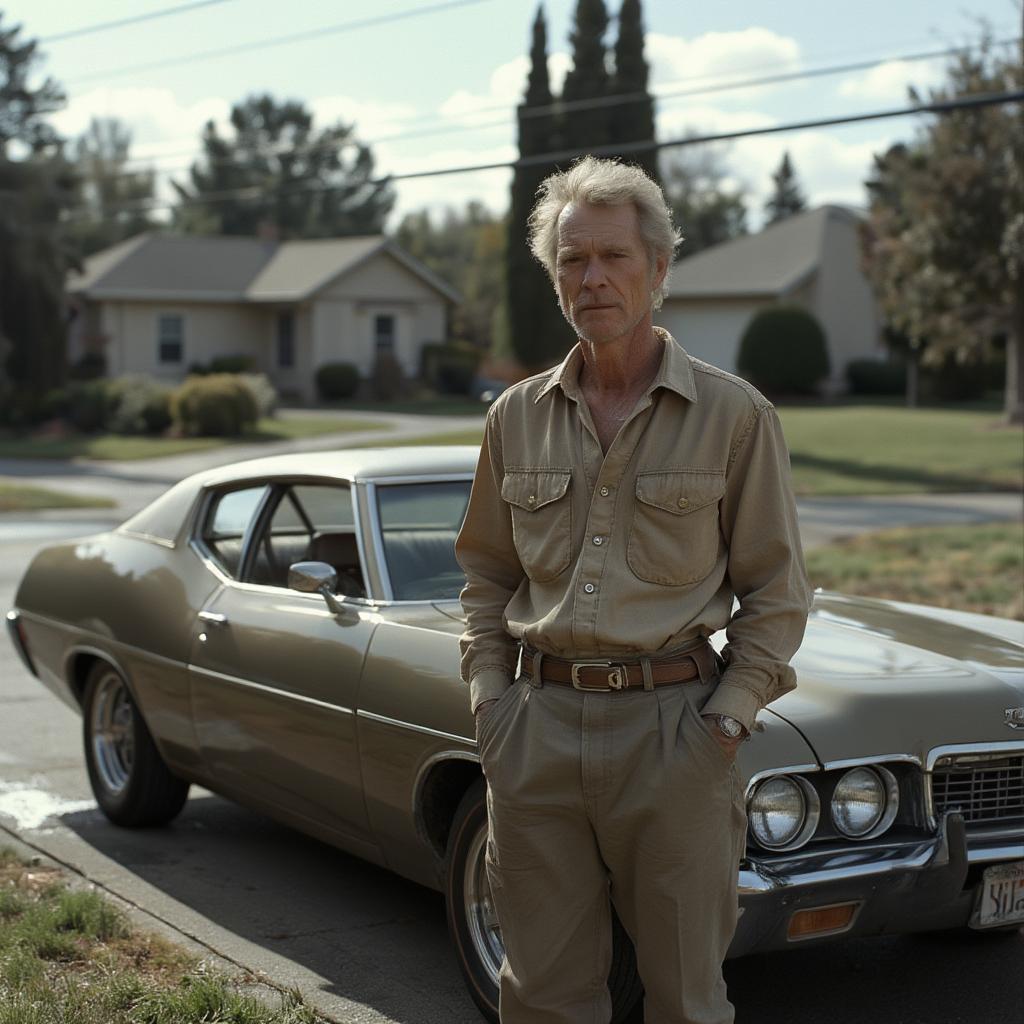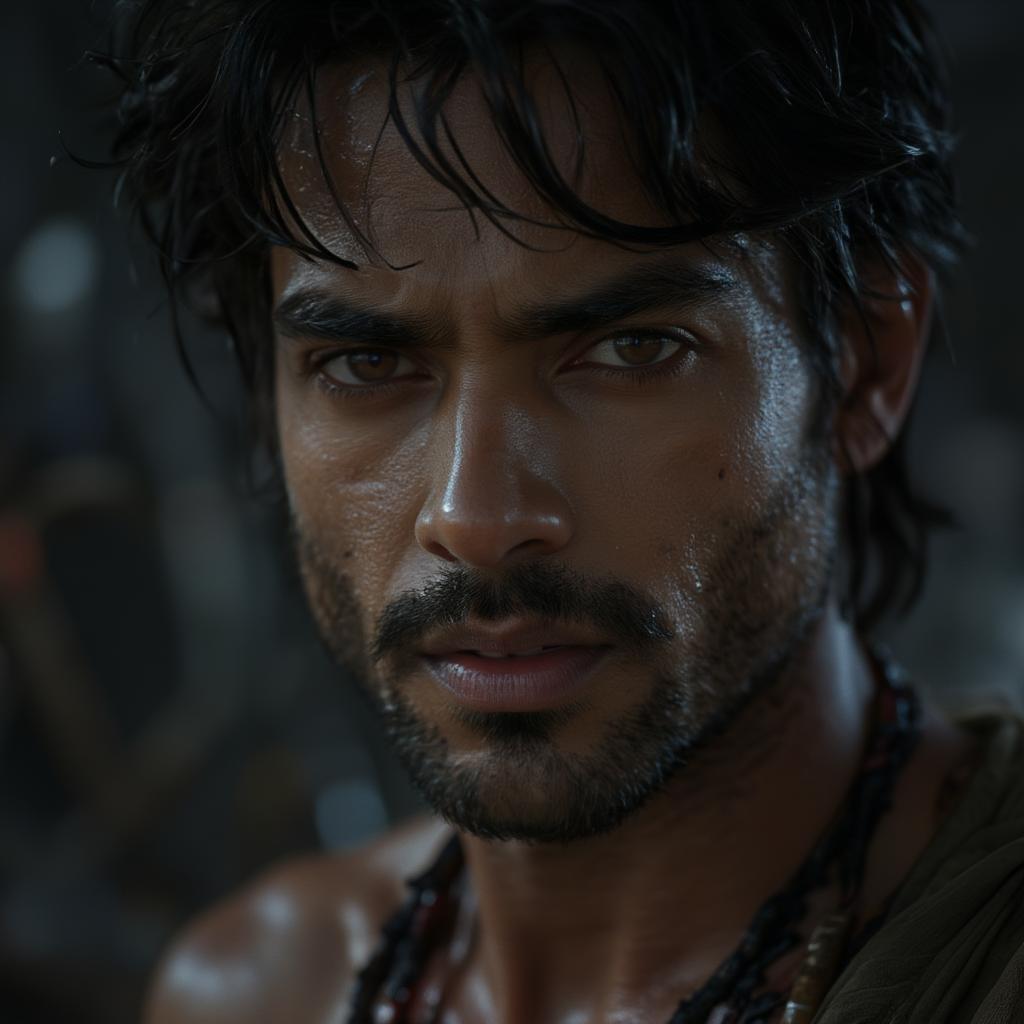Steve McQueen’s Most Famous Movie: Unpacking the Coolest Roles of the King of Cool

Alright, film freaks, let’s talk Steve McQueen. Forget your pretty-boy actors; this was a dude who oozed charisma and lived life on the edge. We’re diving deep into the celluloid archives to dissect Steve McQueen’s most famous movie and what made him, well, him. We’re not here for a fluffy biography; we’re here for the raw, unfiltered truth about the flicks that cemented his legend. Buckle up, buttercups, it’s gonna be a wild ride.
Now, you can’t mention McQueen without the immediate image of a rebellious anti-hero flashing before your eyes. He wasn’t just playing cool; he was cool, a human time bomb of charisma and barely contained aggression. But which of his movies truly capture that magic? We’re not talking about your run-of-the-mill crowd-pleasers here. We’re talking about films that burned into the collective consciousness and left an indelible mark on cinema. Let’s get down to brass tacks.
The Great Escape: A Testament to McQueen’s Unwavering Cool
Let’s kick things off with The Great Escape (1963). This isn’t just a war film; it’s a monument to McQueen’s on-screen bravado. He plays Captain Virgil Hilts, AKA the “Cooler King,” a man who’d rather die trying to break out of a Nazi prison camp than sit around knitting socks. His iconic motorcycle jump, although performed by a stuntman, is synonymous with the whole movie and is one of the most talked about stunts in film history.
The movie is a tense, slow-burn masterpiece of planning and escape, and McQueen’s laid-back attitude is the cherry on top. He embodies the American spirit of defiance, even in the face of overwhelming odds. It’s not just about escaping; it’s about refusing to let the bastards grind you down. This film cemented McQueen as the “King of Cool” and it is arguably one of the most watched war movies ever created. This wasn’t just a role; it was an embodiment of his persona. The rebellious, restless spirit of the character resonated with audiences and remains an enduring image.
Why The Great Escape Resonates Still
So, what’s the deal with the enduring appeal of The Great Escape? Is it the elaborate plot? The star-studded cast? Or is it, perhaps, McQueen himself? Well, it’s a cocktail of all of the above.
- Relatable Rebellion: We’ve all been there – trapped in a system we want to break free from. Hilts is just a representation of that feeling amplified to 11.
- Impeccable Timing: Released during a time of counter-culture, the movie tapped into that rebellious zeitgeist perfectly.
- McQueen’s Charisma: Let’s face it; no one could have played Hilts like McQueen. The swagger, the smirk, the sheer audacity – it was a perfect marriage of actor and character.
“McQueen wasn’t just acting; he was embodying a persona, a symbol of rebellion. His effortless cool and genuine intensity resonated with a generation yearning for change.” – Dr. Eleanor Vance, Professor of Film History at the California Institute of the Arts.
This wasn’t just about escaping a prison, it was about breaking free from the monotony and oppression of everyday life, something everyone could get behind.
Bullitt: The Chase That Redefined Action Cinema
If The Great Escape solidified McQueen’s rebel persona, Bullitt (1968) cemented his status as an action icon. He plays Lieutenant Frank Bullitt, a no-nonsense cop who doesn’t play by the rules. Forget your fancy gadgets and witty banter; this is about raw, visceral action. And that car chase? Come on, you know what we’re talking about. It’s not just a chase; it’s a cinematic ballet of metal and speed, a masterclass in practical effects. If you want to see some great action car work you can check out our list of [top 10 sci fi movies in the world] to compare some awesome cinematic car chases.

The infamous chase scene, clocking in at almost 11 minutes, is a masterclass in suspense, no musical score needed. It’s all engines revving and tires screeching, a testament to the power of practical filmmaking. There’s no CGI, no over-the-top explosions; just raw speed and skillful driving. McQueen did a lot of the driving himself, a testament to his dedication and commitment to his craft. This dedication is what sets him apart from other actors, he always strived for realism.
The Lasting Impact of Bullitt’s Chase Scene
What made Bullitt so groundbreaking? It’s more than just a cool car chase; it’s a paradigm shift in action filmmaking.
- Realism Over Spectacle: Before Bullitt, car chases were usually choreographed to the point of absurdity. Bullitt brought a sense of realism, a grittiness that hadn’t been seen before.
- The Power of Silence: The lack of music during the chase is jarring at first, but it adds to the tension and realism of the scene.
- McQueen’s Intensity: He wasn’t just acting cool here; he was the definition of cool. That steely glare, that unwavering focus, it’s all part of the magic.
“Bullitt’s car chase was a game-changer. It proved that action could be grounded in reality, that suspense could be built with practical effects and not just explosions.” – Ben Carter, Stunt Coordinator and Author of “The Art of Action.”
Bullitt is more than just a movie, it’s a symbol of innovation and dedication to practical effects. It set the bar for action sequences for decades to come, and filmmakers are still referencing it today.
Other Notable McQueen Masterpieces
Alright, so we’ve highlighted The Great Escape and Bullitt, but McQueen had a filmography that was simply dripping with iconic roles. How could we forget the gritty, hard-hitting action and drama seen in films like The Magnificent Seven, The Thomas Crown Affair, or Papillon? These films showcase the breadth of his talent, his ability to inhabit various roles while maintaining that unmistakable McQueen coolness. He was not just an action star; he could handle complex and subtle roles. He was the real deal, the real person that he acted on screen. He wasn’t someone who tried to be someone, he just was.
Let’s not forget his earlier roles, that helped build his reputation and led him to the mega stardom that he achieved:
- The Magnificent Seven (1960): A classic western where McQueen portrays Vin Tanner, a cool and collected gunfighter who joins a group of men hired to defend a Mexican village. If you are looking for more great westerns you can find more on our list of [clint eastwood most famous movies].
- The Thomas Crown Affair (1968): A stylish heist film where McQueen plays a sophisticated millionaire who pulls off a bank robbery for the thrill of it. This film shows McQueen’s more charismatic and charming side and is a lot of fun to watch.
- Papillon (1973): A grueling prison escape drama where McQueen portrays a wrongly accused man battling to maintain his spirit while locked up on Devil’s Island. This film is a showcase of endurance and willpower.
While these may not be his “most famous”, they all show a different dimension of McQueen’s talent. These roles are a testament to McQueen’s versatility and his enduring appeal to audiences across different genres. He was more than just a pretty face; he was an actor who brought something unique and visceral to every role. And that’s a fact, Jack.
The Enduring Legacy of Steve McQueen
So what do we take away from this deep dive into Steve McQueen’s most famous movie and his iconic roles? Well, it’s pretty clear that his enduring legacy isn’t just about his acting chops, it’s about the way he carried himself, the way he embodied cool. He was a man of action, a man of few words, a man who just got it. His films weren’t just entertainment, they were an attitude, and that attitude still resonates with audiences today. It’s hard to find that authenticity in today’s films, especially when CGI seems to be the default. McQueen was the real deal, and that’s what made him so iconic. His influence continues to be felt through generations of actors and directors alike. He is a benchmark, a yardstick for what it means to be a true, authentic movie star.
And that, my friends, is the power of cinema. And that, my friends, is the power of McQueen. You can try and capture that cool, but you’ll never replicate it. You can try to imitate his style but that will only get you so far. He had the real thing and that’s why he is still so popular today. The king of cool, forever. If you are looking for something a bit more serious, you might like our list of the [top 100 ww2 movies].
Frequently Asked Questions About Steve McQueen’s Most Famous Movies
Alright, alright, I can hear you buzzing with questions like a hive of agitated bees. So, here are a few of the most frequently asked questions about the one and only Steve McQueen:
1. Which Steve McQueen movie is considered his best?
While opinions may vary, The Great Escape and Bullitt are often cited as his best and most influential films. The Great Escape showcases his rebellious charm while Bullitt defines him as a true action star. Both movies are groundbreaking and have become cinema icons.
2. What is it about Steve McQueen’s acting style that made him so popular?
McQueen’s appeal lay in his raw authenticity. He didn’t try to be anyone else, he played his characters with genuine coolness and a sense of effortless rebellion. His on-screen persona mirrored the intensity and spirit he embodied in real life.
3. Did Steve McQueen actually do his own stunts?
While he did perform some of his own stunts, like some driving in Bullitt, many of the most dangerous sequences, including the motorcycle jump in The Great Escape, were performed by professional stuntmen. He was, however, extremely skilled and dedicated to realism.
4. What made the car chase in Bullitt so groundbreaking?
The car chase in Bullitt is famous for its realistic approach. It uses no music, practical effects, and incredible stunt driving, making it a benchmark for action scenes in cinema. This realism is what sets it apart from other action scenes of the time.
5. Was Steve McQueen a method actor?
While McQueen was known for his dedication and preparation for his roles, he did not strictly adhere to method acting techniques. His approach was more about embodying the spirit of his character and infusing it with his own raw presence.
6. How did Steve McQueen get the nickname “King of Cool?”
Steve McQueen earned the moniker “King of Cool” through his on-screen persona and his rebellious and stylish attitude. He was a trendsetter and became the symbol of cool, both on and off screen, setting the standard for others to follow.
7. Are there any modern actors who are similar to Steve McQueen?
Many actors have tried to capture his cool, but none quite succeed. Actors like Ryan Gosling and Chris Pratt display hints of that McQueen charisma. However, McQueen’s unique combination of ruggedness and charm remain unmatched. You can also find some similar traits in our list of [top wwii movies].
8. Why is Steve McQueen still so popular today?
McQueen’s enduring popularity stems from his timeless cool, authentic performances, and the powerful imagery of his iconic roles. His films transcend their time, appealing to new generations searching for a genuine, rebellious hero.
9. What made Steve McQueen different from other actors of his era?
McQueen’s difference lay in his authenticity. While other actors might have relied on technique, McQueen embodied his characters, showcasing a sense of natural intensity that was both captivating and relatable. His style was unique and his own.
So, there you have it. A deep dive into the legend of Steve McQueen and the movies that made him. Now go watch one of his films, and remember, you can be cool, but you’ll never be McQueen cool.




